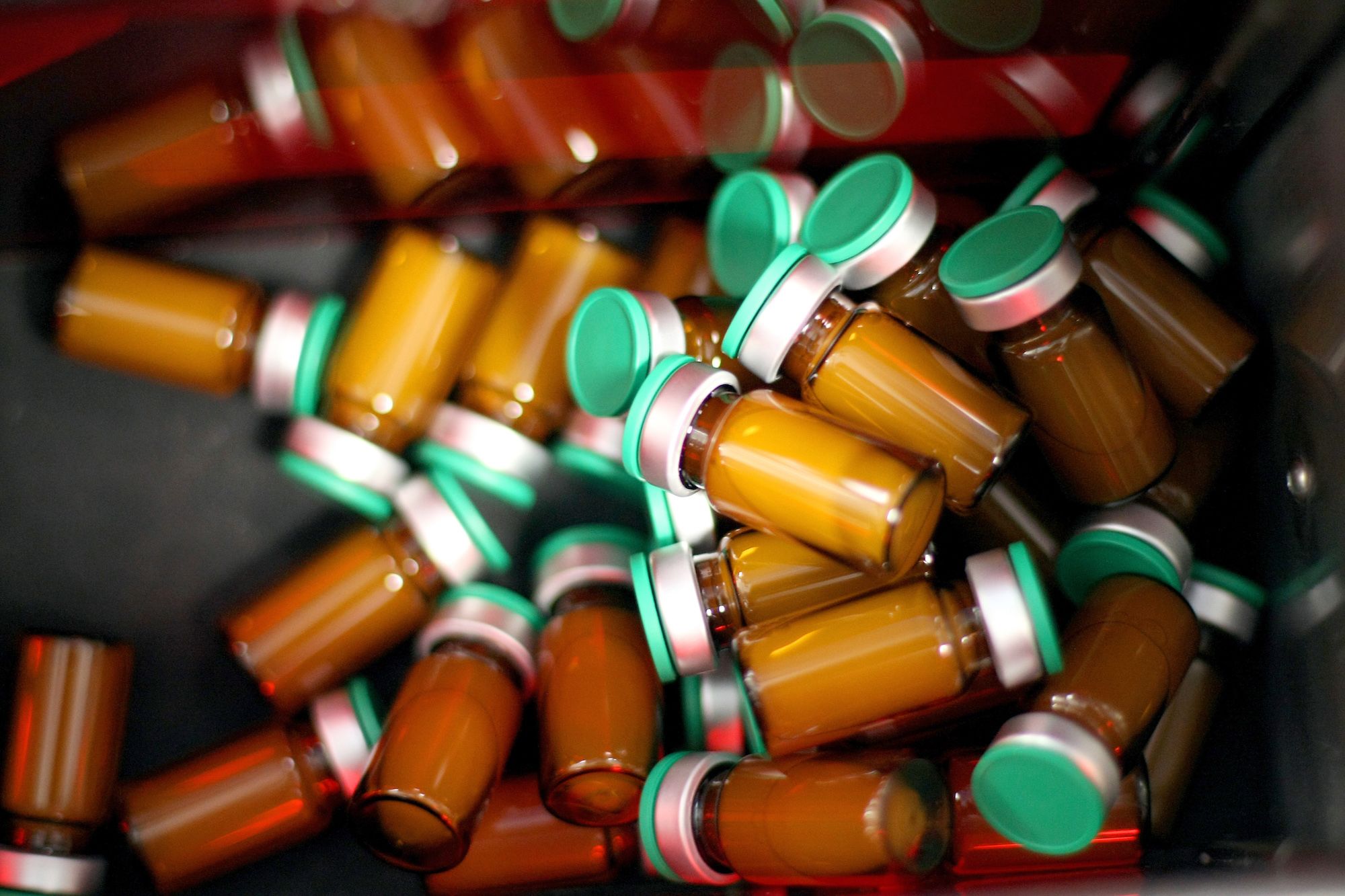A Ripe Moment for Reducing Vaccine-Preventable Disease
Nellie Bristol. "A Ripe Moment for Reducing Vaccine-Preventable Disease." CSIS Commission on Strengthening America's Health Security, Center for Strategic and International Studies, March 13, 2018. Accessed October 01, 2025. https://healthsecurity.csis.org/articles/a-ripe-moment-for-reducing-vaccine-preventable-disease/

This commentary, by CSIS Global Health Policy Center Senior Fellow Nellie Bristol, focuses on vaccines, a fundamental medical countermeasure. Bristol argues for providing consistent funding for the Global Health Security Agenda and for examining the value of polio assets for global health security to ensure worthwhile infrastructure is not lost.
Immunizations are one of the most effective and cost-effective health promotion tools, improving child well-being and lowering the risk of epidemic-prone diseases. Yet despite focused efforts to increase global vaccine delivery, more than one in ten children received no vaccines in 2016, while an additional one in seven missed receiving all recommended doses and thus remains vulnerable to potentially deadly diseases.
Over the next several years, three global health activities growing out of programs championed by the U.S. government will come together in a way that could catalyze immunization system improvements in the most disease-prone countries. These include immunization and disease surveillance goals outlined in the Global Health Security Agenda (GHSA) and two activities related to global polio eradication: the need for worldwide delivery of the inactivated polio vaccine; and the repurposing of the polio infrastructure for immunization and other health activities, a process known as polio transition. All three activities create concerted attention to immunization systems that could result in sustained increases in global vaccination rates and amplify U.S. investments in vaccine promotion mechanisms, such as Gavi, the Vaccine Alliance.
Yet an uncertain budget future for each of the activities threatens not only the potential expansion of this global public good but could cause regression in successful vaccine delivery and related coverage rates. Although both polio eradication and the GHSA enjoy strong bipartisan support, including under the current administration, the potential for decreases in U.S. foreign assistance endangers the future of these activities. In fact, the U.S. Centers for Disease Control and Prevention is already developing staff reduction plans for the GHSA in the face of possible budget cuts.
To capitalize on this unique opportunity to expand a valuable global health tool and avoid deterioration in immunization delivery with consequent increased risk of vaccine-preventable disease importations, the U.S. government should:
- Provide stable, consistent funding for the Global Health Security Agenda;
- Continue financial and technical support for polio eradication through certification and post-certification activities;
- Be an active player in polio transition planning with an eye toward encouraging countries to sustain key polio assets like immunization and surveillance systems and have a willingness to cover financing and technical gaps; and
- Ensure continued support for vaccine delivery through Gavi and other international partners.
Both the GHSA and activities related to polio eradication provide an unparalleled opportunity to save the lives of children in the developing world and protect Americans by reducing the risk of imported disease. Supporting these activities would ensure that the United States remains a leader in global health and pushes forward proven disease prevention interventions that will protect Americans at home and abroad.